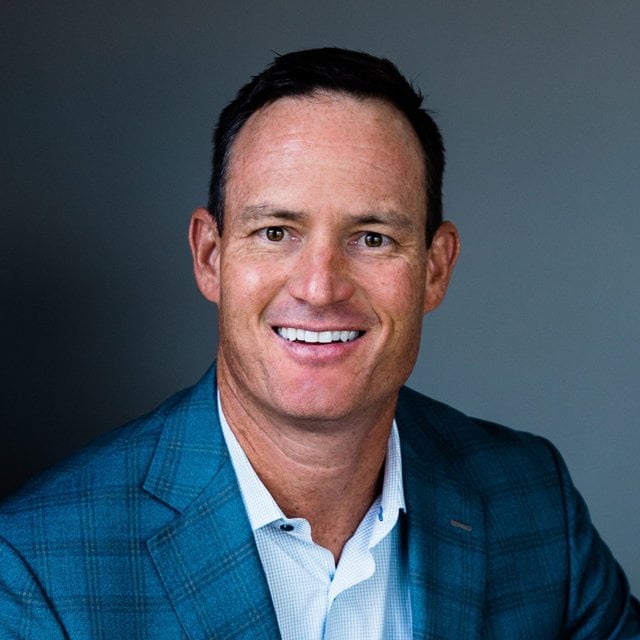How One Advisor Team Left a Big BD to Focus on Retirement Clients

What You Need to Know
Professionals who establish their own RIA often cite the need for flexibility and independence.
One RIA leader says the tremendous demand for sophisticated retirement income planning could drive more professionals toward the independent RIA model.
While often beneficial in the long run, the transition process is a significant project for the team and its clients.
Michael Leverty, founder and CEO of Leverty Financial, has been in the advisory business for 20 years, with the bulk of that time being spent as a managing director at Northwestern Mutual.
More than two years ago, however, Leverty announced that he and his team had formed a partnership with Dynasty Financial Partners to transition their firm, Leverty Financial Group, to become an independent wealth management firm. During the process, Leverty’s team launched a new registered investment advisory shop with some $400 million in client assets and seven team members, including two lead advisors.
In a new interview with ThinkAdvisor, Leverty explained that his independent firm specializes in two key areas. First, the firm helps younger clients establish and accumulate wealth, and second, the practice focuses on helping older clients transition into retirement, all with an emphasis on planning for corporate executives and their families.
“As our practice grew and become more complex, we decided that we needed a more customized approach,” Leverty says. “The transition offered an enhanced operational investment platform, including portfolio management and research. We also got better technology for both our team and clients, and access to elite industry practice management consultants.”
At the time of Leverty Financial’s launch, Shirl Penney, CEO of Dynasty Financial Partners, said his organization was seeing an increasing number of advisors coming from large broker-dealers and “choosing the road to independence.” In many cases, he said, the advisors have outgrown their home office platform and are ready to graduate to more sophisticated capabilities.
The Demand for Independent Planning Pros
“Our team works with executives and individuals considering retirement,” Leverty said. “We focus on preparing the client for the retirement transition, and then managing the income plan and distribution strategies in retirement. Our independence is an important part of this offering.”
Leverty said the focus on retirement transitions is rapidly becoming a focal point for the RIA industry, given the tremendous demand for such planning. Whether a client is a top-level executive nearing the end of their career or a rising star in middle management, there is much to balance across tax-deferred accounts, nonqualified deferred compensation plans, private brokerage accounts and other wealth accumulation vehicles.
“The days of the corporate executive retiree just walking out the door with retiree medical coverage, a sizable pension and a supplementary 401(k) for discretionary expenses are long gone,” Leverty said. “The compensation packages have become more complex, for example with the use of stock grants.”
According to Leverty, the advantage of being an independent RIA in this moment is that the client service effort can be genuinely holistic and not based on the need to place specific products or services to generate compensation. He said there will always be a role for traditional broker-dealers, for example in support of clients who are younger and are more focused on straightforward, long-term accumulation goals.
“But when it comes to income planning, clients need a true advisor and a true consultant, and they are seeking out truly independent advisors,” Leverty said.
The Process of Breaking Away
“We had spent 18 years with a broker-dealer that is owned by a large mutual insurance company,” Leverty said. “As our practice grew and became more complex, we often found that the large corporate structure was slow to move on new technology and often adjusted their platform deliverables to the common denominator of all practices affiliated with the organization.”




